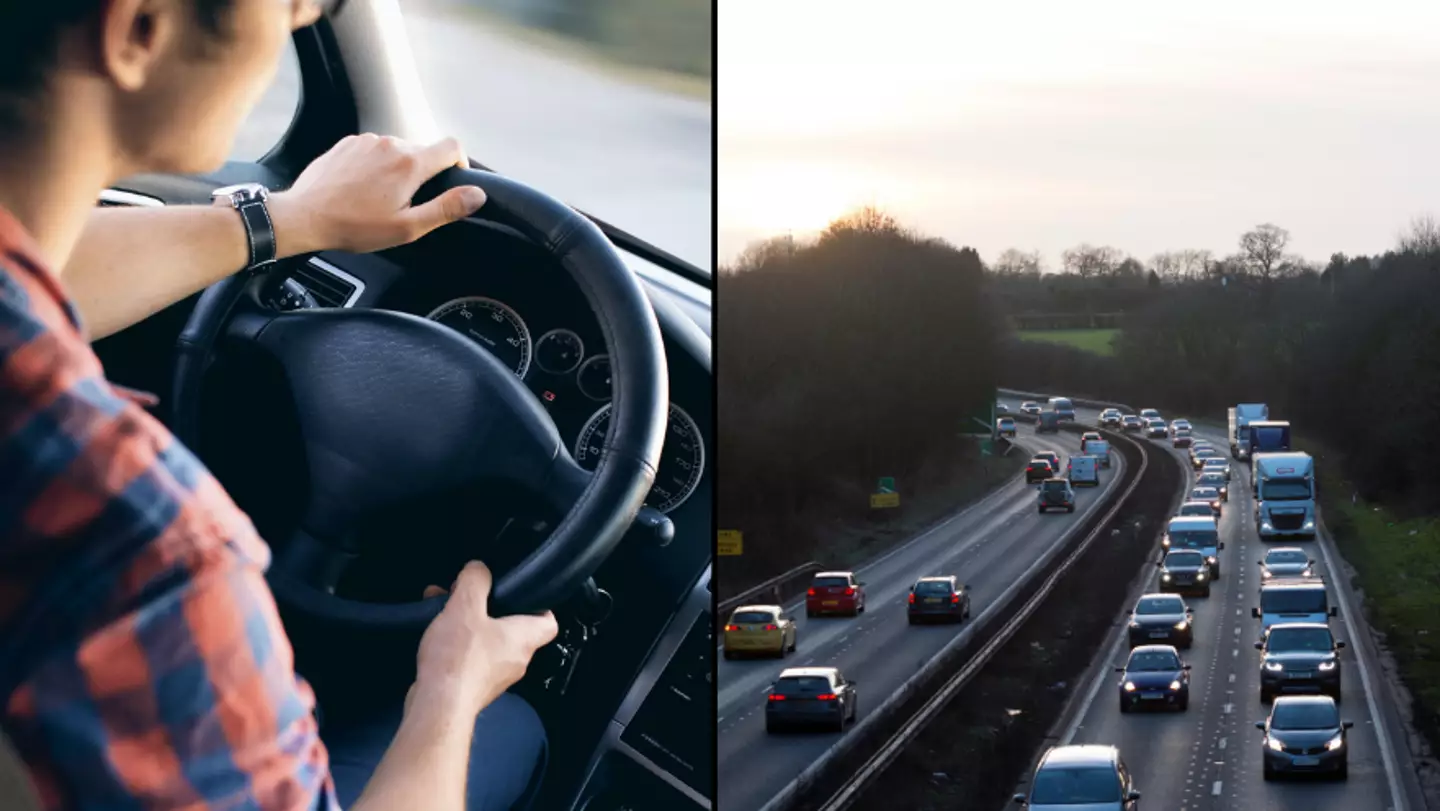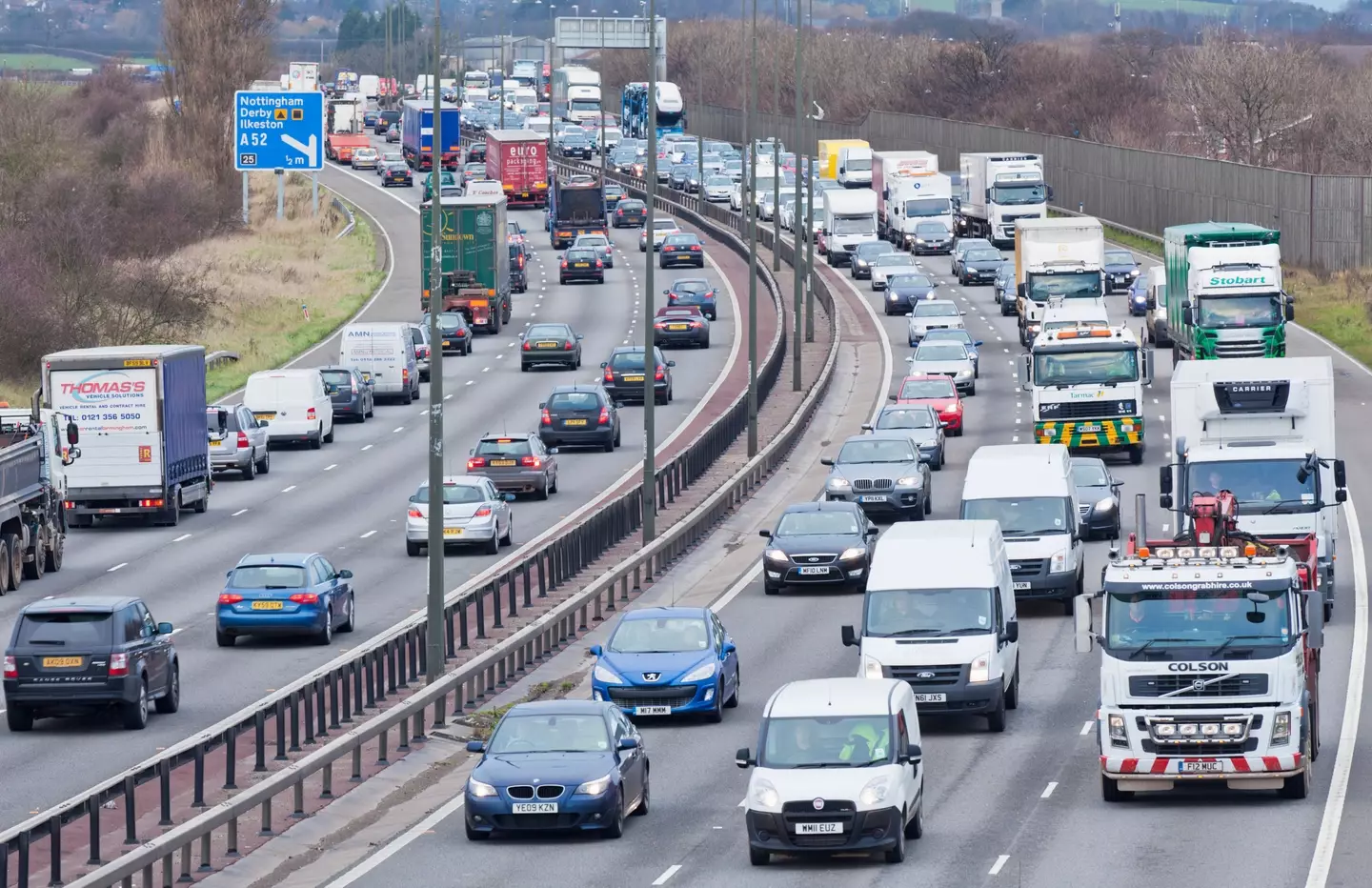
Amid the ever deepening global oil crisis, Brits are being advised to not drive on Sundays - and even work from home three days a week or more to help alleviate the issue
Soaring fuel prices, partially influenced by Western-led sanctions against Russia, prompted the International Energy Agency (IEA) to issue new consumer and governmental advice earlier this week.
Alongside calls to refrain from driving on Sundays, the IEA has also called upon European governments to reduce the speed limit on their motorways by 10km per hour, as per GB News.
The Sunday car ban is explicitly targeting drivers in bustling city centers; which, they argue, could help cut demand for oil by 2.7 million barrels per day within four months.
Advert

Car sharing, as well as companies cutting the cost of public transport, are two additional suggestions by the IEA that could help to alleviate the biggest oil shock in decades.
The current crisis has been exacerbated massively by the global economic blitz against Russia, which supplies a number of European countries with gas and oil.
With economic ties between the EU and Russia now having been severed due to Putin's brutal invasion of Ukraine, oil consumption may have to be re-assesed globally.
This isn't the first instance of geopolitical events leading to a global oil shortage, however.
Advert
In the early 1970s, many countries (including the UK) introduced measures to curb oil consumption following the OPEC crisis.
Fast forward to the modern day, and the price of Brent crude remains sky high, with seemingly no end in sight to Russia's universally condemned occupation of Ukraine.

Petrol prices hit another record high on Monday, after the average price of a litre rose to 163.71p and diesel also hit a fresh record of 173.68p.
Dr Fatih Birol, executive director of the IEA, said: “As a result of Russia’s appalling aggression against Ukraine, the world may well be facing its biggest oil supply shock in decades, with huge implications for our economies and societies."
Advert
“IEA Member Countries have already stepped in to support the global economy with an initial release of millions of barrels of emergency oil stocks, but we can also take action on demand to avoid the risk of a crippling oil crunch.
“Our 10-Point Plan shows this can be done through measures that have already been tested and proven in multiple countries”.
With Prime Minister Boris Johnson recently announcing that the UK would phase out Russian products by the end of 2022, don't expect this to be the last we hear about the ongoing oil shortage.
